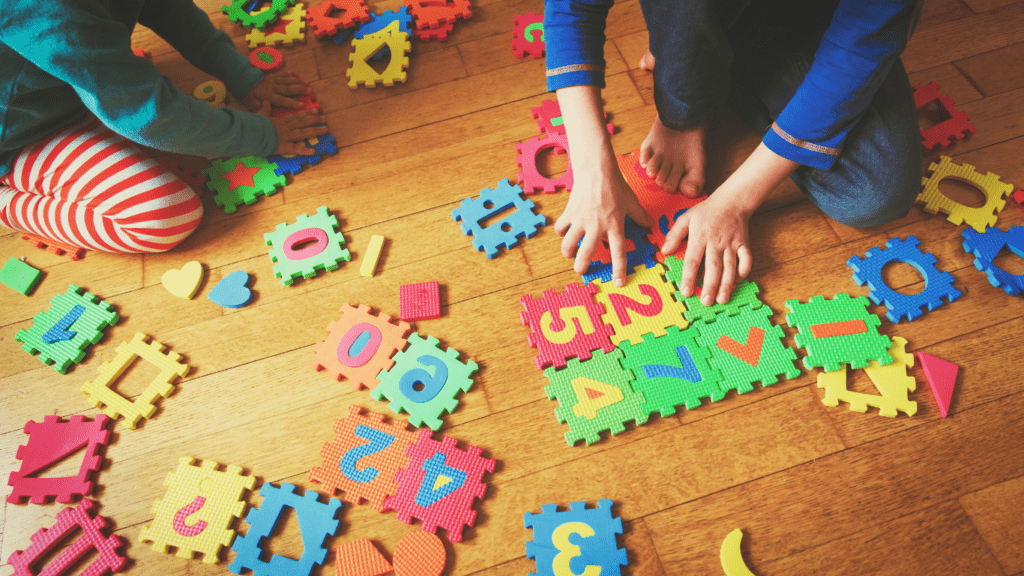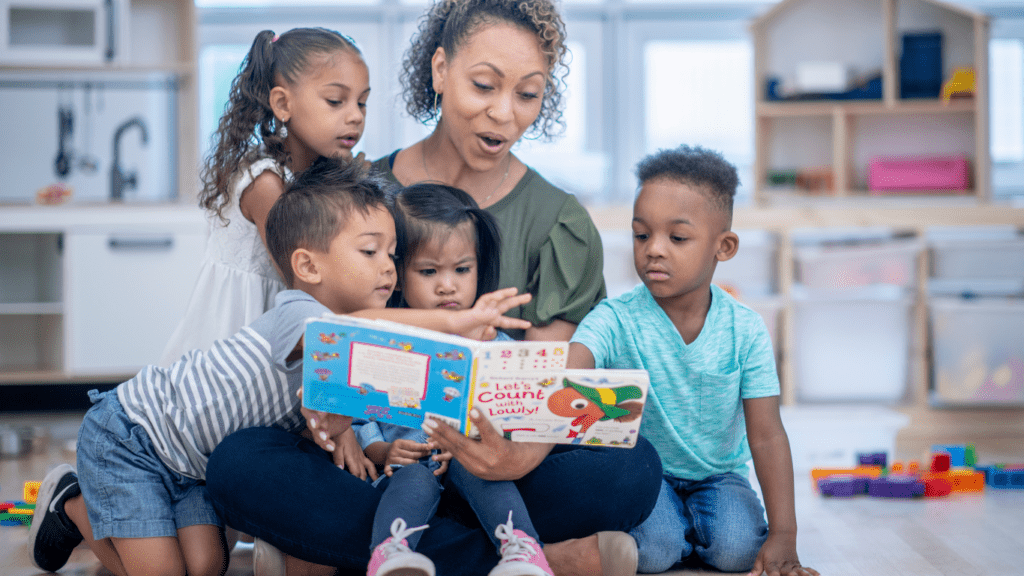As a parent, I’ve always been amazed by how quickly kids soak up knowledge. Those early years are a whirlwind of curiosity and discovery, and it’s the perfect time to nurture their growing minds. The best part? You don’t need fancy tools or a degree in child psychology to make a big impact.
Everyday moments at home can be powerful opportunities to boost your child’s brainpower. Whether it’s through playful activities, engaging conversations, or simply encouraging their natural curiosity, small efforts can lead to big results. Let’s explore easy, effective ways to turn your home into a hub of early learning and set your child up for lifelong success.
Importance Of Early Learning At Home
Early learning at home lays the foundation for:
- cognitive
- emotional
- social development
A child’s brain grows rapidly in the first five years, forming over one million neural connections per second, according to the Center on the Developing Child at Harvard University. Experiences during this period contribute significantly to their ability to learn, adapt, and thrive.
Home environments play a critical role in shaping a child’s learning capacity. Simple actions, such as reading, counting objects, or singing songs, stimulate language, numeracy, and memory skills. For instance, reading daily exposes children to 1.4 million more words by kindergarten compared to those not read to regularly, according to a 2019 study published in Journal of Developmental and Behavioral Pediatrics.
Consistent interaction with caregivers promotes emotional security and resilience. Engaging in two-way conversations, responding to their questions, and showing verbal and nonverbal encouragement strengthen communication and problem-solving skills. These interactions also foster a positive attitude toward learning.
The home is a flexible environment where activities can align with a child’s pace and interests. Everyday tasks, such as meal prep or grocery shopping, can become opportunities for learning. Practicing measurements while cooking or identifying colors and shapes in a store integrates education into daily routines, enhancing comprehension and retention.
Creating A Stimulating Environment
Providing a stimulating home environment fosters curiosity and supports early cognitive and emotional development. Simple changes can make a significant difference in how children learn and explore.
Organizing Learning Spaces
I create dedicated areas where children can focus on specific activities like reading, drawing, or building. These spaces don’t need to be large but should be free of distractions to encourage concentration. Labeling bins for crayons, blocks, or books helps children learn organization and identify items independently. Rotating materials weekly maintains interest and introduces novelty.
Incorporating Educational Toys And Materials
I use age-appropriate toys like puzzles, counting beads, or stacking cups that promote hands-on learning. Books with colorful images and simple words enhance language development, while musical instruments engage sensory skills. Open-ended materials, such as wooden blocks or art supplies, encourage creativity and problem-solving. Whenever possible, I choose toys aligned with developmental milestones to maximize engagement and growth.
Simple Daily Activities To Boost Brainpower

Engaging in purposeful activities with children every day strengthens their cognitive abilities while deepening your bond. Regular, interactive moments at home build critical thinking, creativity, and problem-solving skills.
Reading Together
Reading daily enhances language development, comprehension, and critical thinking. I read picture books, nursery rhymes, or short stories to my child and involve them by asking questions like “What happens next?” or “Why do you think they did that?” When we point out words, letters, or characters, it sharpens their attention to detail. Studies show children read to daily hear 1.4 million more words by kindergarten, which supports stronger vocabulary and communication.
Encouraging Creative Play
Creative play boosts imagination, problem-solving, and teamwork. I provide simple supplies such as building blocks, crayons, or dress-up clothes. Activities like constructing towers or role-playing foster abstract thinking and innovation. Encouraging activities such as drawing stories or solving puzzles promotes critical thinking. These unstructured play sessions help children build confidence and explore their creativity.
Exploring Nature and Outdoor Activities
Outdoor activities support sensory development, curiosity, and physical health. I take nature walks where we collect leaves, observe birds, or talk about the weather. Gardening together allows kids to explore textures and learn about plants. Exploring science-based concepts like shadows or bugs in the yard keeps them engaged. Spending time in natural settings stimulates their brain to process new information and builds environmental awareness.
Role Of Parental Involvement
Parental involvement significantly impacts a child’s early learning and development. By creating routines and offering consistent support, I can help enhance my child’s cognitive, emotional, and social skills.
Building Routines For Learning
I incorporate structured routines to create predictable and engaging learning opportunities. During breakfast, I discuss simple topics like colors or numbers to encourage conversation skills. I schedule daily reading sessions to improve vocabulary and comprehension, using interactive books to keep my child engaged. By setting consistent times for educational play, I ensure learning becomes an enjoyable part of their daily life. For example, sorting toys by size or color promotes critical thinking.
Organized routines provide stability, helping my child focus and feel secure. Limiting distractions during these moments allows for more effective learning. These habits foster my child’s attention span and discipline over time.
Positive Reinforcement And Encouragement
- I use positive reinforcement to strengthen desired behaviors, fostering confidence and motivation.
- When my child successfully completes a puzzle or learns a new word, I give specific praise, like, “Great job matching those shapes!”
- Rewards such as stickers or extra playtime create excitement about learning activities.
- Encouragement during challenges, such as reminding my child they’re improving even with mistakes, builds resilience and self-esteem.
- Celebrating small achievements cultivates a positive attitude toward learning.
By reinforcing efforts rather than solely focusing on outcomes, I promote perseverance and curiosity in my child.
Leveraging Technology For Early Learning
Technology can transform early learning when used intentionally. By selecting appropriate tools and maintaining a balance, I create opportunities for meaningful development.
Choosing The Right Educational Apps
I focus on apps designed specifically for young learners to enhance cognitive and language skills. Interactive apps focusing on foundational skills like phonics, counting, and problem-solving work best. For instance, apps like ABCmouse or Endless Alphabet promote literacy with engaging activities. I prioritize those reviewed by education professionals and avoid over-stimulating features. Apps offering progress tracking help me monitor learning outcomes effectively.
Limiting Screen Time Effectively
Device use supports learning when screen time is managed properly. I follow guidance from the American Academy of Pediatrics, such as limiting screen time to one hour daily for kids aged 2-5. I schedule technology use during structured periods, such as after creative activities or outdoor play. Designating certain areas, like the dining table, as screen-free zones reinforces balance. When co-viewing or co-playing, I engage with the content to encourage interaction and real-world application.





